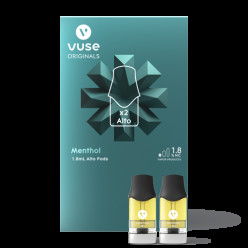
In December of last year, Philippines President Rodrigo Duterte announced a ban on the use and import of e-cigarettes, including popular brands such as the Logic vape pen. Strict measures were enforced and anyone caught using e-cig products was arrested. However, early last month the country moved towards regulation by imposing clear guidelines on the production and importation of electronic nicotine delivery systems. Continue reading to see how closely the regulations match U.S. legislation.
What’s The Philippines Non Combustible Delivery Nicotine System Regulation Act of 2020?
Recognizing the need for a viable alternative to combustible cigarettes, the Non Combustible Nicotine Delivery System Regulation Act of 2020 is a bill that has been voted for by 88 congressmen, and when passed into law, would enable smokers to explore harm reduction by combating their addiction with the help of e-cigs.
Global e-cig laws vary between governments around the world and leading public health institutions, however, many agree that e-cigs are a great public health strategy to overcome the current smoking epidemic.
What’s required by retailers moving forward?
- Minimum age set to 18-years-old: E-cig vendors will be required to verify the age of all buyers via the presentation of a valid, government-issued ID card that exhibits the buyer’s photographer and date-of-birth. Additionally, the sale will not be permitted within 100 meters of a school, playground, or other facilities that are frequented by minors.
- Display health warnings: All manufacturers, importers, and distributors of e-cigs will be required to place health warnings on the principal surface of the device with text reading, “This product contains nicotine which is a highly addictive substance. It is not recommended for use by non-smokers.”
- Advert restrictions: Advertisements within retail establishments, as well as through direct and online marketing would be allowed, but must not appeal to persons under 18-years-of-age and must not undermine quit-smoking messages. Additionally, advertisements must not encourage non-tobacco, non-nicotine users to use e-cigs.
- Designated vaping areas: The bill will prohibit the use of e-cigs within enclosed public spaces, except those that are designated as vaping areas. The indoor use of these products would also be prohibited in schools, hospitals, government offices, and facilities intended for minors.
What are your thoughts on the above policies? Do you think that The Philippines proposed bill aligns with other global e-cigs laws? Drop a comment below to express your opinion.
The post The Philippines revokes ban and regulates the sale of e-cigarettes appeared first on Blog Vape-Ecigs.




